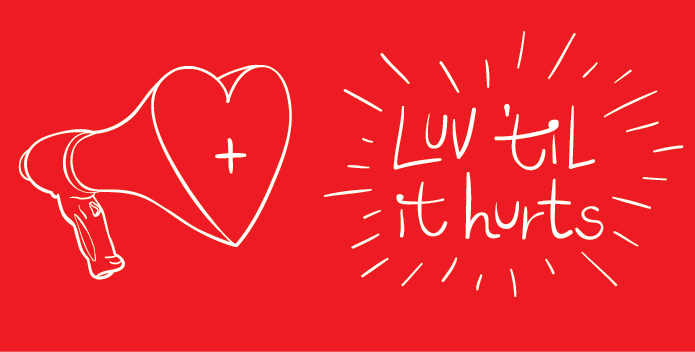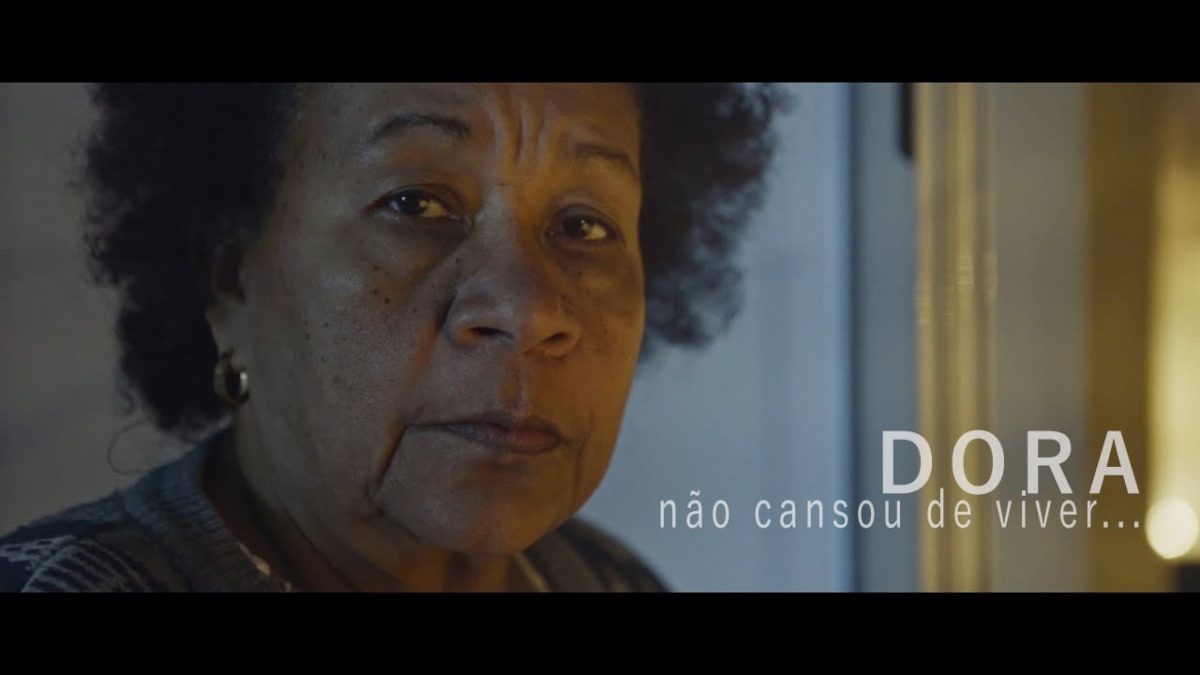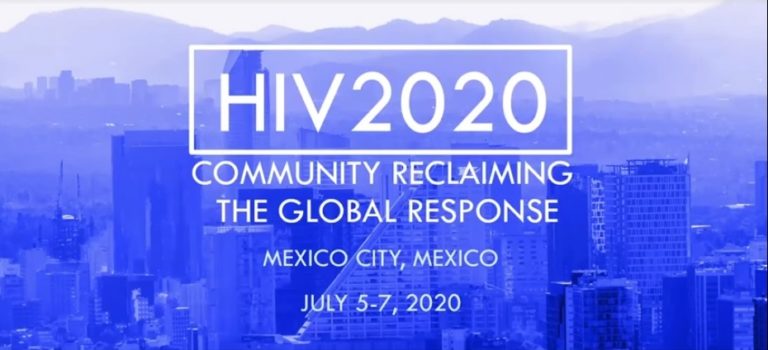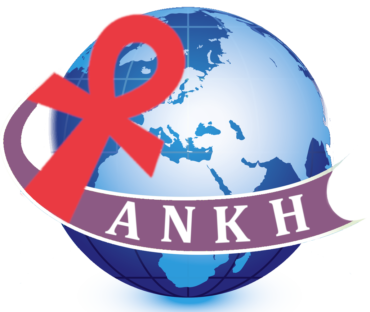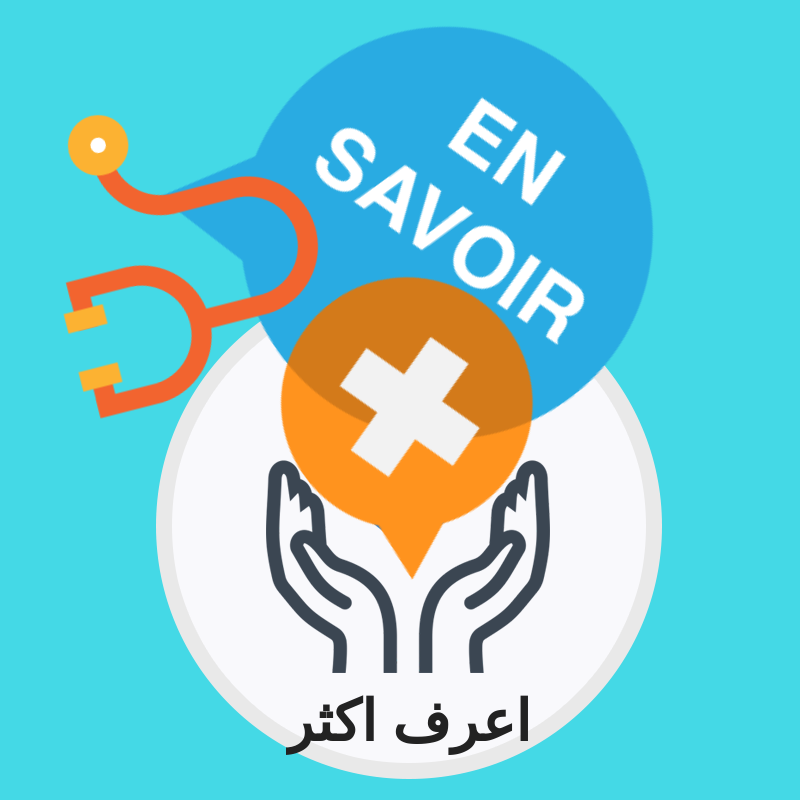Dora Não Cansou de Viver… [A film in the making]
[Emanuel Brauna-Lechat is a filmmaker from Maceió. ‘Dora Não Cansou de Viver…’ is a short film about many things, including access to healthcare and the precarity of daily life in Brasil. Manu needs some help finishing the film before April 7th, World Health Day 2020. One simple way to share holiday cheer (and some dough) is by giving to his crowdfunding campaign on Catarse, which supports the final film shoot in late February. xo, Todd]
T: Hi Manu. It’s been so nice getting to see you more lately since the Somos meetings at Tapera Taperá bar. And, I really like the bar, so now I have this ‘instant’ new hang out. Please send me your work hours each week when you get them so that I may follow along:)))
It’s a particularly dark moment in Brazilian history, wouldn’t you say?
E: Brazil is currently going through an, in fact, very worrisome moment for its public policy, in a general sense. In culture, one of the most affected sectors in this current government, we have (quietly) witnessed systematic cuts of rights that had been acquired by society throughout the years. See, for example, the welfare reforms that do not favor workers at all, the veto of the demarcation of indigenous lands, the extinction of the ministry of labor and culture, among other arbitrary determinations. I would say that we are living in a period of total social retrocession.
O Brasil vive, de fato, um momento bastante preocupante na política pública de um modo geral, sendo a cultura, um dos setores mais afetados pelo atual governo, temos testemunhado( quietos) cortes sistemáticos de direitos adquiridos pela sociedade ao longo dos anos, vide reforma previdenciária, que nada favorece o trabalhador, veto das demarcações das áreas indígenas, extinção dos ministérios do trabalho e cultura, entre outras determinações arbitrárias. Eu diria que estamos vivendo um período de total retrocesso social.
T: Have you seen the film, Bacurau yet? I saw it at Lincoln Center with like a 1000 lefty Brazilians in the audience. Rsrs:) So this theme of the sertão is coming up now a lot in Brasil and in Brasilian cultural production. I’m doing some writing on this, but for now I wanna bounce a question to you. What is your film about and why is it important now?
E: I watched Bacurau and define it as one of the most important works of national cinema in the last decades, a work that puts us before our role as citizens. We are put in a position of action in a brilliant way, it is impossible to leave the film without being touched and transformed as the social elements that we are.
My film follows a different line of narrative, however, the essence and the goals are the same. DORA NÃO CANSOU DE VIVER… tells the story of the struggle of an elderly lady who is black, a mother, and the widow of a handicapped man who depended on her for everything. With her retirement pension, she has to support herself and still cover the costs of her lung cancer treatment, which evolves tragically. This is the first layer of the film, what one sees with the naked eye. However, the true story is told at its second layer, where we have the presence of an invisible and implacable enemy, THE STATE. On the other hand, it is a film that opens up doors and gives visibility to actors who are black, who have motor disabilities, and who are over 60 years of age. For this reason I consider it socially important.
Vi Bacurau e o defino como uma das obras mais importantes do cinema nacional das últimas décadas, uma obra que nos coloca diante de nosso papel enquanto cidadãos , de forma brilhante somos colocados num lugar de ação, é impossível sair do filme sem sermos tocados e transformados enquanto elementos sociais que somos.O meu filme segue uma linha narrativa diferente, todavia, a essência e os objetivos são os mesmos. DORA NÃO CANSOU DE VIVER… conta a história de luta de uma idosa, negra e mãe viúva de um desabilitado físico que depende dela para tudo, com sua aposentadoria ela tem que se manter e ainda custear o tratamento do câncer de pulmão que evolui tragicamente. Esta é a primeira camada do filme, o que se vê a olho nu, porém, a verdadeira história é contada na segunda camada, onde temos a presença de um vilão invisível e implacável, O ESTADO. Por outro lado é um filme que abre portas e dá visibilidade a atores negros, portadores de desabilidades motoras e com mais de 60 anos, por este motivo o considero socialmente importante.
T: So, you are an artist I take it? What has been your road to filmmaking? And is this your first film?
E: I consider myself a humanitarian artist, committed to social welfare. I have a discreet style of representing conflicts, almost silent, but always with a lot of density, I am an artist of layers.
I started to become professionally interested in cinema in 2010, and from then on I have been through a lot of books, courses and workshops on the theme. During film school I produced some short films and later participated in several friends’ projects, in a variety of roles. As a director, DORA NÃO CANSOU DE VIVER… will be my debut work, and currently, I am also working on the development of my first feature-length film, entitled OCEÂNICO.
Me considero um artista humanitário, comprometido com o bem-estar social. Tenho um estilo discreto de apresentar os conflitos, quase silencioso, mas sempre com muita densidade, sou um artista de camadas. Comecei a me interessar profissionalmente por cinema em 2010, de lá pra cá foram muitos livros, cursos e workshops sobre o tema. Durante a escola de cinema produzi alguns curtas-metragens e posteriormente participei de diversos projetos de amigos nas mais variadas funções. Como diretor, DORA NÃO CANSOU DE VIVER… será meu trabalho de estréia, atualmente, também estou trabalhando no desenvolvimento do meu primeiro longa, entitulado OCEÂNICO.
T: Lastly, is there any way we can help? Like can we see a teaser or contribute to your crowdfunding campaign?
E: I created a CROWDFUNDING to make it possible to fund the movie, and asides from contributing, the supporters will also be able to see a teaser of the film, made exclusively for its promotion.
Criei um CROWDFUNDING para viabilização do projeto, além de contribuir, os apoiadores poderão ver um teaser do filme feito exclusivamente para divulgação.
______________
See also: Emanuel Brauna-Lechat interviews Momô de Oliveira #LPW2020

